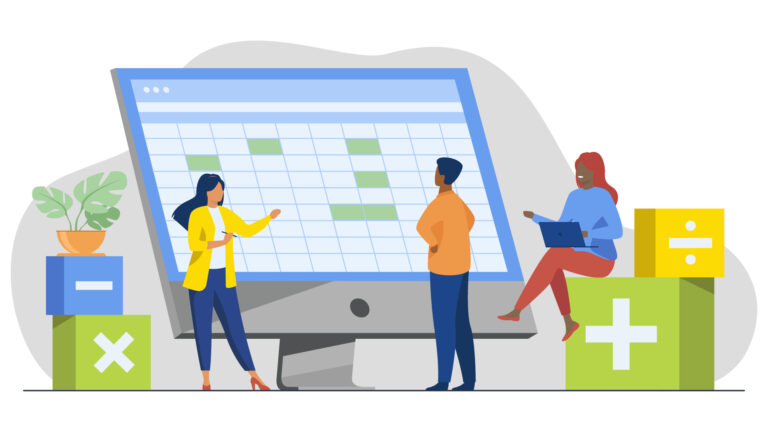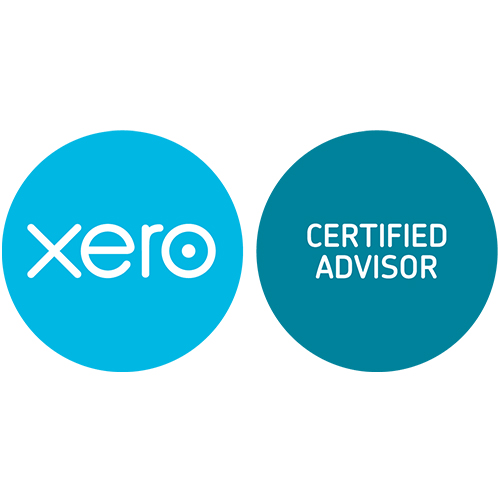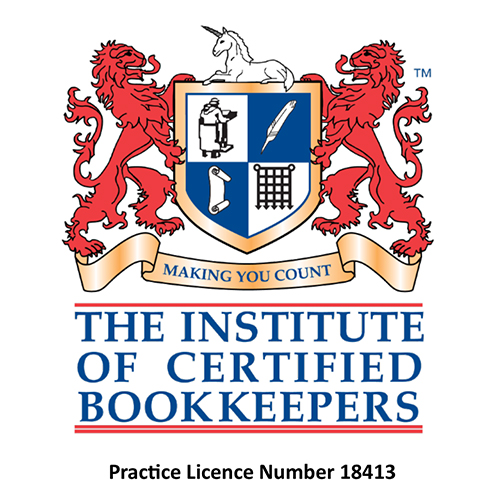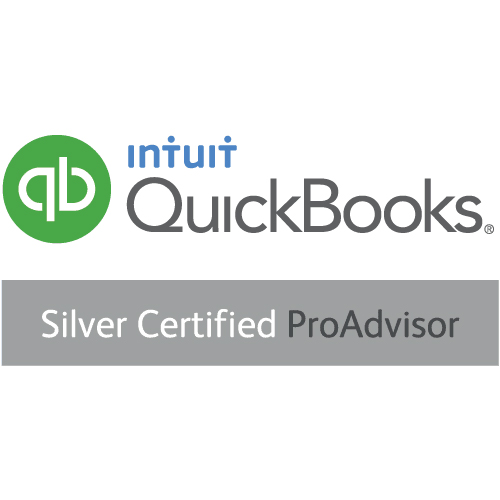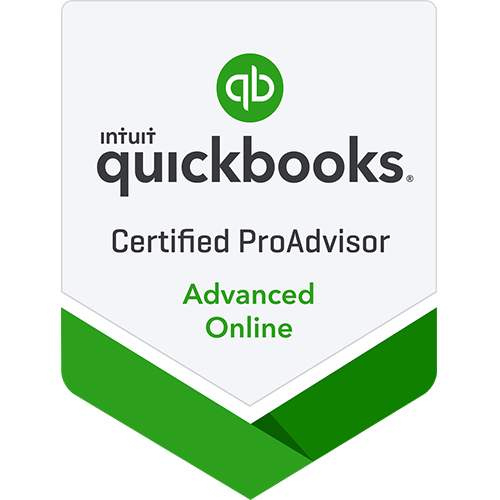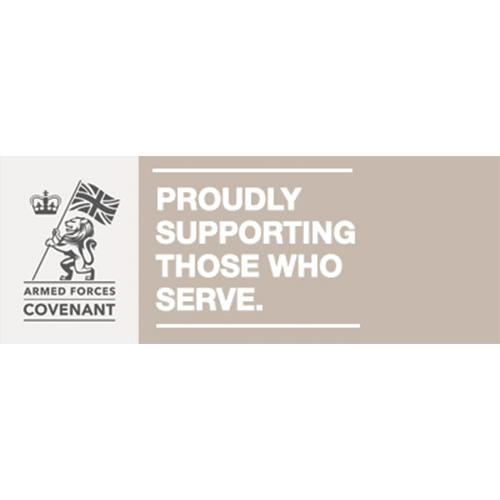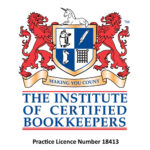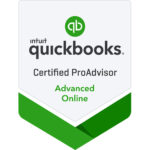You might think of bookkeeping and accounting as basically the same thing. It’s all about getting your numbers in order and keeping the taxman happy, right? The reality is that they’re two different branches of the same tree. Here’s how they differ and why it makes a difference to your business.
Bookkeeping
Bookkeeping is the day-to-day task of making sure that your financial records are up to date. It’s making sure that your expenses have been recorded properly and the receipts are in the right place. Good bookkeeping can also act as part of your credit control, noting which invoices have been paid and which ones are overdue. It’s basically making sure that you know what’s coming in and going out every day, so you’ve got all the raw materials you need to file your tax return.
Accounting
Accounting is the thing that happens after your bookkeeper has got everything in order. When you hand your books over to your accountant they can look at the figures and provide you with an analysis that shows you how healthy your business is. On a more practical level, it also lets them look at your tax position, advise you on how much you’ll need to pay to HMRC as well as prepare and file your tax return.
Bookkeeping helps you with cashflow
The difference between bookkeeping and accounting has important practical differences in the roles each one plays in the day-to-day running of your business. Bookkeeping helps you to keep track of the little details that build up to form a bigger picture. Your bookkeeper needs to be good at monitoring and recording each transaction and making sure the paperwork is in place. That way, you can spot if an unpaid invoice or outgoing payment is going to cause a cashflow issue sooner rather than later.
Accounting lets you make management decisions
The reports and analysis you get from your accountant let you look at the patterns and trends that are emerging in your finances. Your accountant can help you to see which way things are heading and whether your business is growing or heading for a slump. It lets you see the long-range forecast and take high-level decisions to improve the health of your business. That kind of information can feed into all kinds of management decisions, from your future spending to sales targets.
What’s the difference between bookkeeping and accounting?
Bookkeeping and accounting have a lot of similarities in terms of the skill sets they need. Attention to detail and a high level of accuracy are both key skills. However, your accountant will have a much harder job if your bookkeeping isn’t accurate. They may have to spend time doing data entry and sorting through receipts to make sense of things when they’d much rather be getting on with your tax return and financial analysis. When you hire a skilled bookkeeper you’ll have your records up to date and can let your accountant get on with the things they do best.
Any questions?
When you outsource your bookkeeping to us we’ll make it easier for you to run your business. We’d love to answer any questions you have about this topic and anything else relating to your business finances. You can get in touch on our contact page or drop us a message on Facebook.


